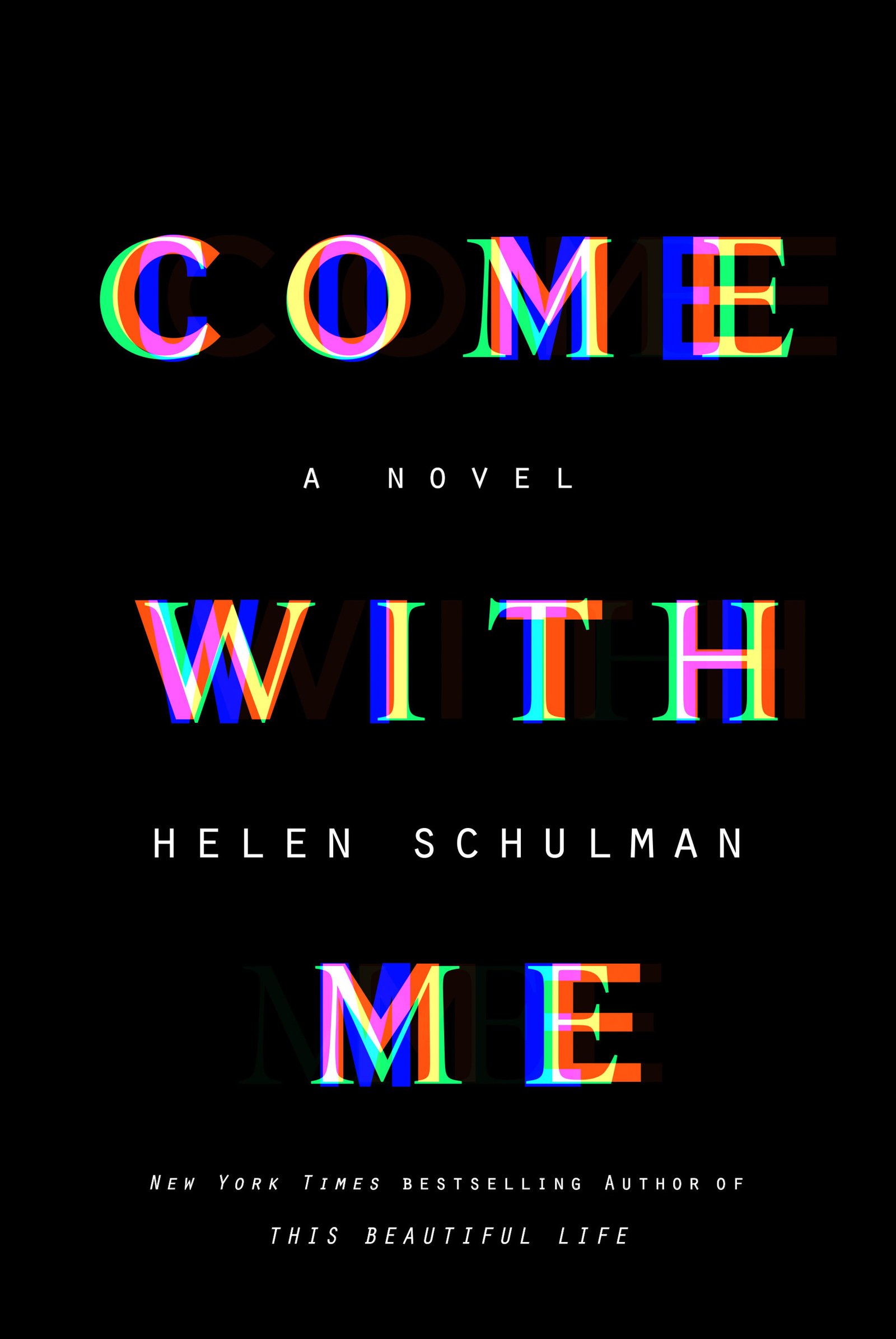
Celestial and Roy have been married for 18 months when Roy is arrested for a crime he didn’t commit and sentenced to 12 years in prison. It’s a scenario that could happen to anyone in the US, but we all know it’s more likely to happen if you’re black, which Roy happens to be. This undercurrent of racism is all the more distressing because the characters take it so completely for granted (“You don’t have to tell me that,” one of them says. “I’ve been black all my life.”). Yet the political concerns never overwhelm the entirely human stories of the three people who live in the heart of the book: Roy, Celestial, and her lifelong best friend Andre.
The novel begins on the night of the arrest, switches to epistolary mode to quickly cover five years of Roy’s imprisonment, and then takes us moment by moment through the subsequent climactic events. The first-person voices of the three main characters are distinct and compelling–Roy’s gentle but not limitless sense of humor, Celestial’s intensity, Andre’s righteous solidity. (I could have done with fewer TV references, but that’s just me.) All three of them instantly won my sympathy, powerfully enough to stay with them when they each made bad decisions later on. There are plenty of secrets to go around, and a crowd of colorful supporting characters, all of them vivid and believable.
The novel is gripping and funny and sad, but it also tackles big questions head on. What are the various kinds of love and how do you tell them apart? Where does loyalty to yourself begin and loyalty to others end? How much of the burden of injustice must each of us take on? Nothing in AN AMERICAN MARRIAGE is easy, especially the answers to these questions.
The book was a huge critical and commercial success, and deservedly so. It’s got a ripped-from-the-headlines issue, riveting suspense, and timeless human emotions.


